CNN’s Bernard Shaw: The Skies Over Bagdad Have Been Illuminated
As CNN news anchor on assignment to interview then-President Saddam Hussein in 1991, Bernard Shaw never imagined he would become a seasoned war correspondent. Traveling on the precarious task with him were Peter Arnett, John Holliman, and producer Robert Wiener—all soon to become the first TV cable news journalists to cover a war in real time.
Before his illustrious twenty-year career at CNN, award-winning journalist Bernard Shaw attended the University of Chicago Illinois at Chicago—majoring in History.
Thereafter, assigned the duties of Message Center specialist, while serving in the Marine Corps, the young Corporal quickly developed an interest in print media.
On dry land again, Shaw pursued his passion for print by beginning a broadcasting career as an anchor and reporter for WNUS in Chicago. Subsequently, he worked for the Washington Bureau of CBS News, as the White House correspondent before moving to CNN in 1980, as co-anchor of its PrimeNews broadcast in Washington D.C.
Performing as moderator during the 1988 second Presidential debates, between Dukakis (D) and Bush (R), Shaw came to prominence by asking Dukakis whether he would support an irrevocable death penalty for a man who allegedly raped and murdered his wife. Though the presidential candidate responded with a resounding no, (thereby sticking to his convictions), still, the question transpired to be rather controversial.
Perhaps Shaw’s most distinguished moment as a journalist came during his serene coverage of the 1991 Gulf War. Sent to report on the growing disturbance in Iraq, Shaw and his fellow correspondents suddenly found themselves trapped in the Al Rasheed Hotel in Baghdad amidst the onset of Operation Desert Storm. The deadline for UN sanctions had lapsed; now the US and its allies were dropping bombs over Baghdad.

With rocket launchers whizzing by their windows, the four correspondents turned their hotel room into a broadcasting station, disseminating the unfolding events live to the world.
Beginning with the words, “Something is happening outside … the skies over Bagdad have been illuminated. ” Shaw and his crew transmitted some of the most spellbinding audio reportage since Edward Murrow’s harrowing WWII accounts.
Keeping a cool head at all times, Shaw’s style of reporting reflected his efforts to steadily subdue his temperament. By ratcheting down his emotions and tone of voice, even when hell broke out, Shaw always delivered accurate, dispassionate descriptions of developing events.

In part, these fine attributes can be assigned to the men he admired, and as a result emulated the most: Edward Murrow and Walter Cronkite—two of the most acclaimed names in journalism.
As a leader in his profession, perpetually striving for perfection, Shaw became revered by his peers for his civil, non-condescending demeanor, and by his audience for his honest sophistication.
“To me, more important than how I sound or how I look is how I think, how I write, how I communicate – that’s journalism. The rest is BS.” Bernard Shaw.



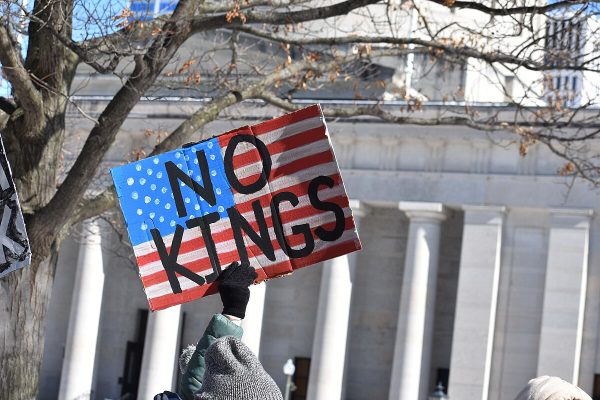
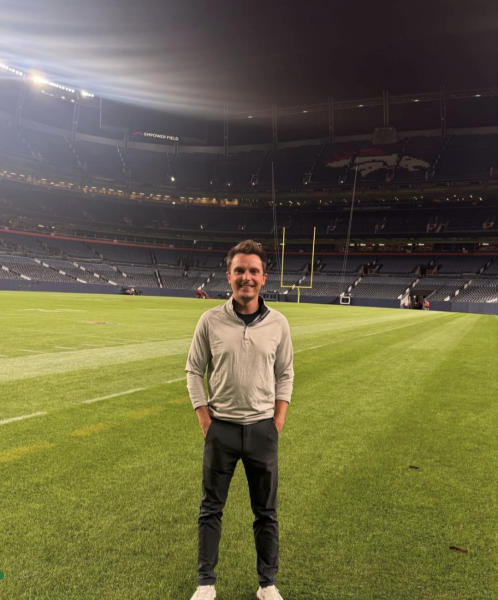


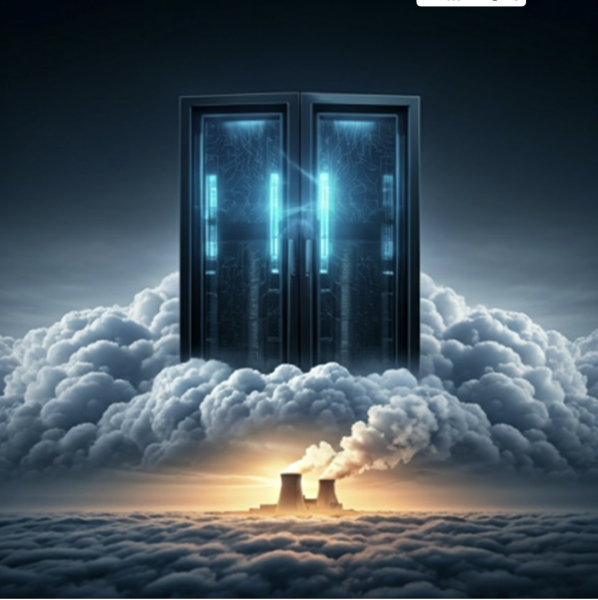
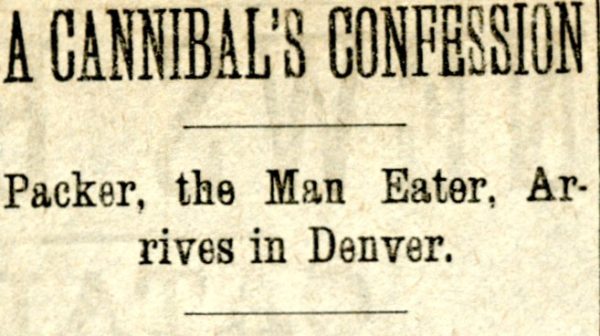



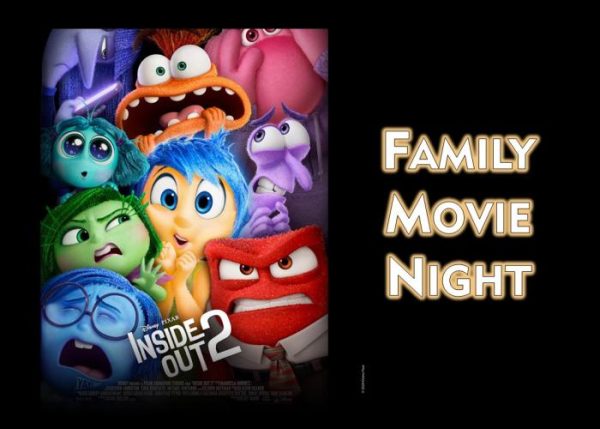
Butzi • Apr 29, 2017 at 12:52 pm
Despite the hardships and perpetual struggle Journalism is going through it is become more and more critical that thoughtful, insightful and especially honest Journalists are being praised enough for their continual efforts in the field.
p.s When he says BS…he means Bernard Shaw ? :p
Rashid Mohamed • May 1, 2017 at 7:59 pm
Thank you Butzi. We are seeing trying times in the field of Journalism lately. Things like objectivity, fairness and veracity are becoming more important today. I personally feel that these challenging times will inevitably bring out the best in journalists who are willing to sift and find the singular truth embedded in countless distortions, designed to dull and deceive. For inspiration I look back to those who paved the way.
I too enjoyed that play on words very much! Indeed, I believe he is not referring to himself. 🙂